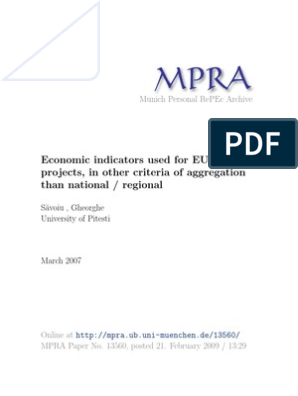0% found this document useful (0 votes)
28 views16 pagesInference
The document contains a series of SAT math questions focused on problem-solving and data analysis, specifically related to inference from sample statistics and margin of error. Each question presents a scenario involving a sample and asks for the most plausible conclusion based on the provided data. The questions cover various topics, including fish weights, hiking distances, television usage, and voter preferences.
Uploaded by
alayna00000Copyright
© © All Rights Reserved
We take content rights seriously. If you suspect this is your content, claim it here.
Available Formats
Download as PDF, TXT or read online on Scribd
0% found this document useful (0 votes)
28 views16 pagesInference
The document contains a series of SAT math questions focused on problem-solving and data analysis, specifically related to inference from sample statistics and margin of error. Each question presents a scenario involving a sample and asks for the most plausible conclusion based on the provided data. The questions cover various topics, including fish weights, hiking distances, television usage, and voter preferences.
Uploaded by
alayna00000Copyright
© © All Rights Reserved
We take content rights seriously. If you suspect this is your content, claim it here.
Available Formats
Download as PDF, TXT or read online on Scribd
/ 16






























































































